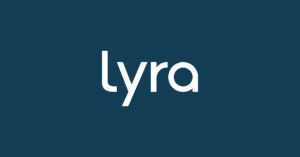Where To Turn
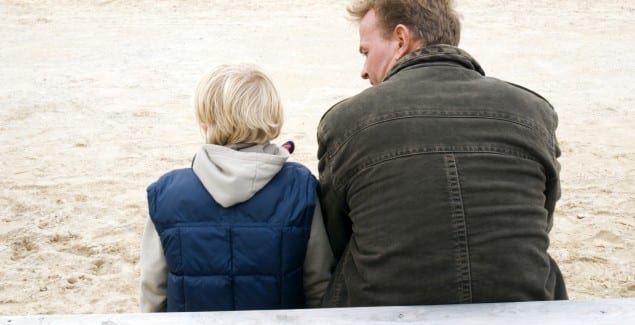
The Clay Center is educational only and does not provide clinical services or referrals. But many organizations do! Please explore the resources listed below.
Crisis Lines & Warmlines
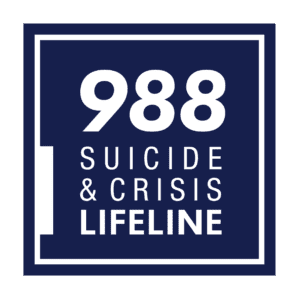
CRISIS – Call: 988 (Suicide & Crisis Lifeline)
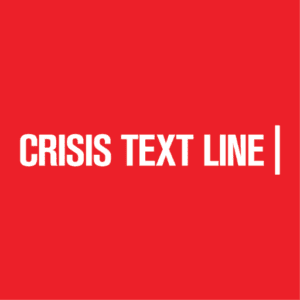
CRISIS – Text: TALK to 741741 (Crisis Text Line)
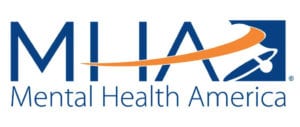 Not a crisis but need to talk to someone? Warmlines are typically free, confidential, and run by people who understand what it’s like to struggle with mental health. Find a Warmline.
Not a crisis but need to talk to someone? Warmlines are typically free, confidential, and run by people who understand what it’s like to struggle with mental health. Find a Warmline.
Mass General Brigham Health Plan
The below services are available to many Mass General Brigham Health Plan members. If your family does not have Mass General Brigham Health Plan, these services may be available through your own health insurance provider or through your employer.
Get personalized recommendations for the care that’s right for you. Schedule virtual or in-person appointments with therapists, health coaches, or others, often within 1-3 days. Access support for the whole family, including children and adolescents. Find care through Lyra.
Search for providers who offer treatments including outpatient services, day and residential programs, autism care and support, substance and recovery services, and more, and access Optum’s telehealth capable providers. Find care through Optum.
National & State Resources
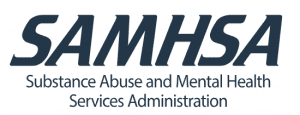
FindTreatment.gov (SAMHSA)
A confidential and anonymous resource for people seeking treatment for mental and substance use disorders in the United States and its Territories. Find help at FindTreatment.gov.
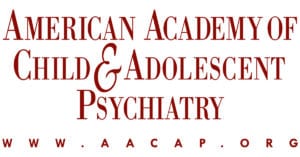 American Academy of Child and Adolescent Psychiatry (AACAP)
American Academy of Child and Adolescent Psychiatry (AACAP)
The mission of AACAP is the promotion of the healthy development of children, adolescents, and families through advocacy, education, and research, and to meet the professional needs of child and adolescent psychiatrists throughout their careers. If you are seeking psychiatric services for your child, here are some ideas on Where to Find Help for Your Child, and Getting Help.

National Alliance on Mental Illness (NAMI)
With local chapters across the country, NAMI is the nation’s largest grassroots mental health organization dedicated to building better lives for millions of Americans affected by mental illness. Find support through NAMI.
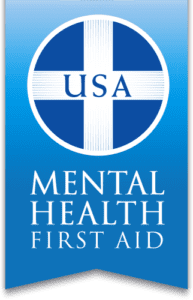 Youth Mental Health First Aid
Youth Mental Health First Aid
Run by the National Council for Behavioral Health, this course teaches parents, teachers, youth workers, non-mental health professionals, and other caring citizens how to help an adolescent (age 12-18) who is experiencing a mental health or addictions challenge or is in crisis. Learn about the program and find a course near you.
Anxiety and Depression Association of American (ADAA)
ADAA is an international nonprofit organization dedicated to the prevention, treatment, and cure of anxiety, depression, OCD, PTSD, and co-occurring disorders through education, practice, and research. ADAA focuses on improving quality of life for those with these disorders. Find help through ADAA.
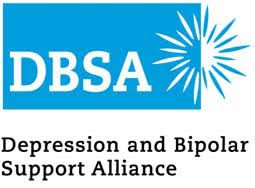
The Depression and Bipolar Support Alliance (DBSA)
DBSA is the leading peer-directed national organization focusing on depression and bipolar disorder. DBSA provides hope, help, support, and education to improve the lives of people who have mood disorders. Find peer support at DBSA.
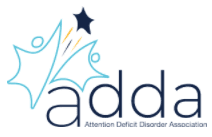 Attention Deficit Disorder Association (adda)
Attention Deficit Disorder Association (adda)
ADDA is a worldwide inclusive community of supportive ADHD adults who make it possible to thrive with ADHD in today’s world. Whether a parent or young person, find peer support through ADDA.
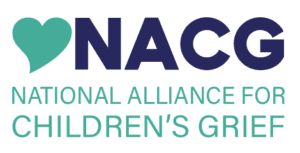
National Alliance for Children’s Grief (NACG)
NACG raises awareness about the needs of children and teens who are grieving a death, and provides education and resources for anyone who supports them. They also offer a national database of children’s bereavement support programs. Find a national grief support program, or find a local grief support program in your state.

The National Eating Disorders Association (NEDA)
NEDA is the largest nonprofit organization dedicated to supporting individuals and families affected by eating disorders. NEDA supports individuals and families affected by eating disorders, and serves as a catalyst for prevention, cures and access to quality care. Find support through NEDA or contact their eating disorders helpline.
 American Foundation for Suicide Prevention (AFSP)
American Foundation for Suicide Prevention (AFSP)
With local chapters across the country and strong national presence, AFSP raises awareness, funds scientific research and provides resources and aid to those affected by suicide. Find support at AFSP.
 The Trevor Project
The Trevor Project
Founded in 1998 by the creators of the Academy Award®-winning short film TREVOR, The Trevor Project is the leading national organization providing crisis intervention and suicide prevention services to lesbian, gay, bisexual, transgender, queer & questioning (LGBTQ) young people under 25. Get help at the Trevor Project.
MGH Programs and Services

Think:Kids
Think:Kids aims to dramatically improve society’s understanding and treatment of challenging kids. It achieves this goal by disseminating and implementing an innovative, proven approach known as Collaborative Problem Solving (CPS). The CPS model conceptualizes challenging behavior as the result of difficulty with crucial thinking skills; thus, unlike traditional models of discipline, the model eschews power, control, and motivational procedures, and focuses instead on identifying and teaching challenging kids the skills they lack. Learn more.

Benson-Henry Institute for Mind Body Medicine
The Benson-Henry Institute for Mind Body Medicine (BHI) at Massachusetts General Hospital is dedicated to research, teaching and clinical application of Mind Body Medicine and its integration into all areas of health. BHI teaches patients ways to counteract stress and build resiliency by eliciting the Relaxation Response. BHI clinicians serve as a resource in the areas of mind body and integrative medicine and are available to all the departments and divisions of the hospital, as well as to the community. Learn more.
Learning and Emotional Assessment Program (LEAP)
LEAP at Massachusetts General Hospital assesses children ages 2 to 22 who have developmental difficulties, and consults with their parents, teachers, and care providers. Learn more.
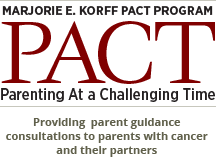
Marjorie E. Korff Parenting At a Challenging Time (PACT) Program
The Marjorie E. Korff Parenting At a Challenging Time (PACT) Program offers guidance to parents with cancer who receive treatment at the Massachusetts General Hospital Cancer Center, and are concerned about the impact their cancer or terminal illness diagnosis and treatment may have on their children. Learn more.
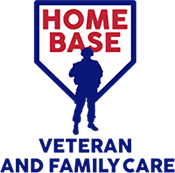
Home Base Program
The mission of Home Base, a Red Sox Foundation and Massachusetts General Hospital Program, is to heal the invisible wounds for Veterans, Service Members and their Families through world-class clinical care, wellness, education and research. Learn more.
Mass General for Children
With more than 300 physicians, 50 medical specialties, 15 surgical services, and compassionate preventive and primary care, Mass General for Children (MGfC) is an invaluable resource for the health-care needs of infants, children and adolescents. Some of their specific services are highlighted below.
- Pediatric Health Information Library (PHIL). A publicly-accessible site for patients and families to access patient education materials created by MGfC in one convenient place.
- Pediatric Psychiatry. This division at MGfC provides comprehensive evaluation and treatment of children and adolescents with the full spectrum of psychiatric conditions and behavioral or emotional difficulties in both inpatient and outpatient settings.
- Learning Disorders. This program at MGfC addresses the needs of children (ages 5-19) with learning difficulties and differences who are not learning at the expected rate or who are under-achieving.
- Lurie Center for Autism. The Lurie Center at MGfC is a multidisciplinary program designed to evaluate and treat children, adolescents and adults with a wide variety of conditions including autism and autism spectrum disorder, Asperger syndrome and developmental delays.
- Division of Adolescent and Young Adult Medicine. This division of MGfC provides primary care to adolescents and young adults, as well as specialty care in areas including eating disorders and other developmental issues occurring during adolescence.
- Psychology Assessment Center. The pediatric neuropsychology specialists at MGH’s Psychology Assessment Center provide neuropsychological assessments to aid in the diagnosis and treatment of neurological, medical, genetic and developmental disorders.
Was this helpful?
Thanks for your feedback!

